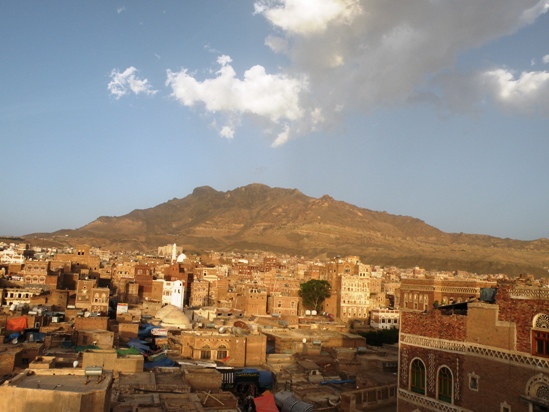 Sana'a - Old City. Photo: Mahwash Badar
Sana'a - Old City. Photo: Mahwash Badar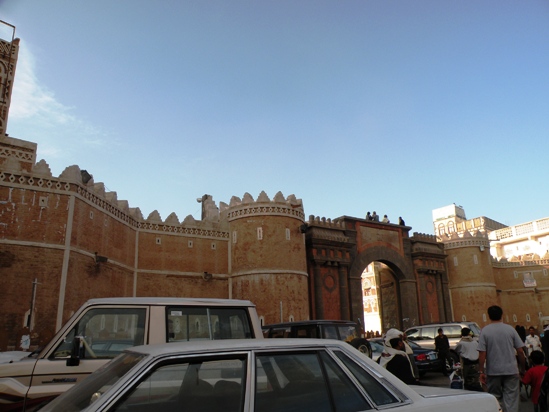 Old City gate. Photo: Mahwash Badar
Old City gate. Photo: Mahwash BadarYemen also has many other natural sites that have a lot of potential for tourism. It has a number of beaches – woefully forgotten at the moment – and many hill stations that could be cultivated wonderfully. But due to the fact that Yemen is quite poor and its people are almost always at war, these natural benefits are ignored and never really turned into possibilities for revenue generation.
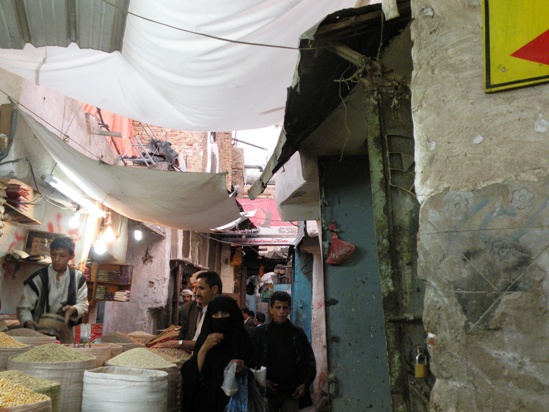 Inside the walled city. Photo: Mahwash Badar
Inside the walled city. Photo: Mahwash BadarThe political and military mess in Yemen is so deeply entrenched that it is impossible to summarise in one blog but I can safely say that things started to go bad back in 2010 alone. There were tribes in Ma’rib who committed different acts of vandalism to make things difficult for the government. They would blow up or tear electricity poles placed by the government resulting in a severe power crisis. As the Arab Spring began taking place, different tribes joined forces and began warring. The army collapsed – with former President Ali Abdullah Saleh’s abdication, the collapse was imminent. Fast forward to 2015, the country is in a full-fledged state of war.
 View of Saleh Mosque in Sana'a. Photo: Mahwash Badar
View of Saleh Mosque in Sana'a. Photo: Mahwash BadarThe Pakistani community in Yemen was from all walks of life, including doctors and engineers and many other professionals who were residing in Yemen since ages. Some of the families had been in Yemen since decades. There were Pakistani families who had been teaching the Pakistani embassy schools and had built a strong network of Pakistani and Yemeni families in Sana’a. The locals treated Pakistanis with a lot of respect. Pakistanis had learnt Arabic and some of them would even wear the traditional garb to blend in with the locals. On many occasions, I saw Yemenis even learning Urdu or buying Pakistani clothes. It was very saddening to hear that some of the Houthis threatening to kill Pakistanis.
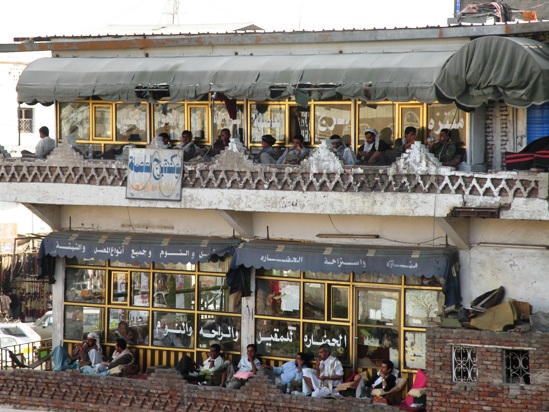 Photo: Mahwash Badar
Photo: Mahwash Badar Pkaistani embassy. Photo: Mahwash Badar
Pkaistani embassy. Photo: Mahwash BadarWhen we left Yemen in 2011, the ‘revolution’ was already on its way to Sana’a. There was a massive rally that was supposed to be held in Sana’a, just a few days after we had planned to leave. The many other Pakistani families around us were also in a state of panic. One of our friends had just recently furnished and arranged their new house where they had spent their entire savings. Another family had just moved to Yemen with two young kids. They had barely finished expressing their love for the capital’s weather when the news of rallies and a possible takedown of Saleh were making rounds on the wires. Heart-breaking events have unfolded since 2011. The country has suffered attacks from within; it is already suffering from diminishing resources and crippling social regression. Add war to this potentially disastrous situation and the result is unmitigated ruin.
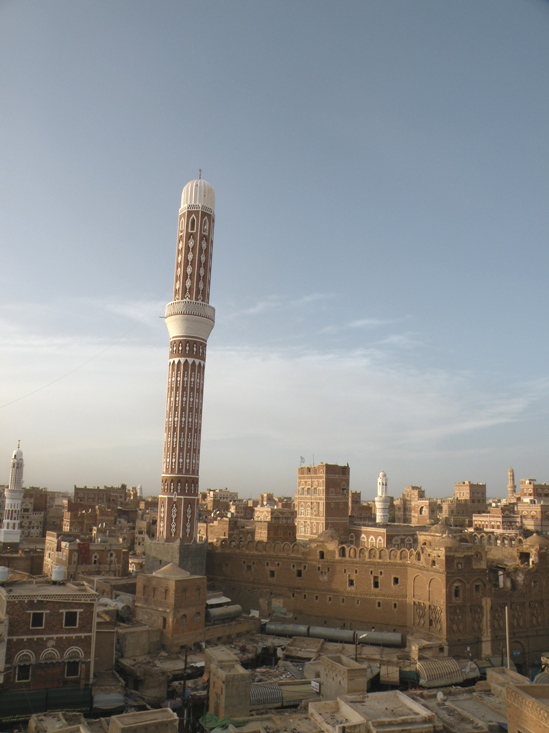 Sana'a. Photo: Mahwash Badar
Sana'a. Photo: Mahwash BadarWhen I saw the footages of stranded Pakistanis, I felt terrible. One of the gentlemen frequently speaking to a news reporter was one of my husband’s co-workers in Sana’a. When we left in 2011, he stayed behind in Yemen even when pretty much all of my husband’s co-workers had left the country. He stayed with his wife and their two young children, and we all breathed a sigh of relief when we saw his beaming face arriving at Karachi airport the night before.
Many expats, when they move to other countries, and sometimes when they leave their families behind for years, often have little to come back to. Their lives and their jobs and even their second generations are settled in these countries. However, while I understand their need to stay and their resistance to change, I wish that they had come when the time was right. Conditions had turned bad long before Houthis took over and the military strikes from Saudi Arabia commenced. We had lived in Sana’a for two years. Those of our friends who stayed back stayed there because they assumed, or hoped, that things wouldn’t get worse than they did. Unfortunately, revolutions are always bloody and always end up affecting those who didn’t even want it in the first place.

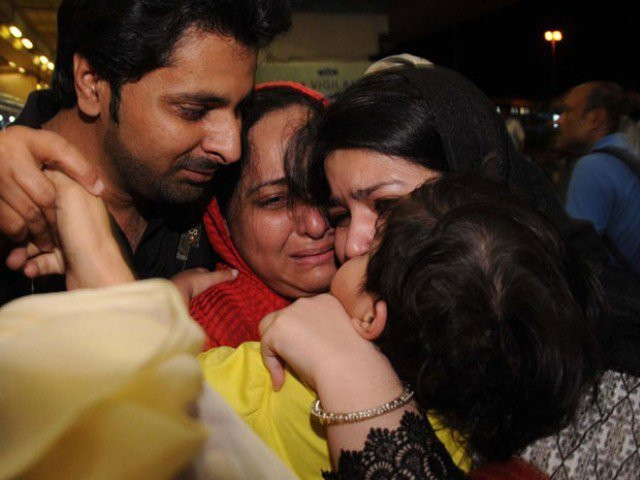

COMMENTS
Comments are moderated and generally will be posted if they are on-topic and not abusive.
For more information, please see our Comments FAQ